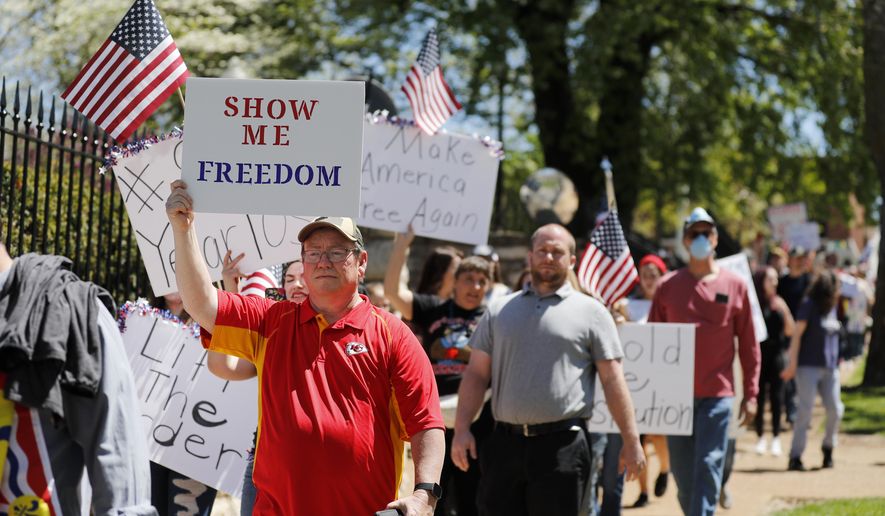Dozens of lawsuits stemming from the COVID-19 crisis that deal with immigration, personal injury and religious liberty are winding through the courts, with two having made their way to the Supreme Court.
Abortion rights advocates recently withdrew a petition before the justices that had asked the high court to block a Texas order banning abortions — deeming them nonessential procedures — following a lower court ruling allowing medical abortions to continue in the state.
The petition withdrawal meant the justices avoided deciding whether to permit the ban while the litigation continues in the lower court, pitting constitutional rights against state powers.
The justices this month had to weigh in on an emergency order regarding Wisconsin’s primary election after a district court allowed voters to mail-in ballots postmarked after the election date. The high court curtailed that ruling, saying it ran against precedent.
“With states likely adjusting their voting procedures for November in response to COVID-19, I expect the Wisconsin election dispute will not be the only one to make it to the Supreme Court,” said Curt Levey, president of the Committee for Justice, a conservative group that advocates for constitutionalist judicial nominees to the federal courts.
Aside from the rushed, time-sensitive petitions over abortion bans and election issues, other lawsuits playing out in lower courts are expected to drag on for months, if not years. The cases include passengers and employees suing cruise ship lines for setting sail and putting them at risk during the pandemic.
Legal battles also have been sparked by stay-at-home orders in various states, causing business owners to challenge the power of government officials to close their doors.
Business owners also brought class-action lawsuits in Florida and California seeking economic damages from China, where the virus originated.
Missouri also sued the Chinese Communist Party on Tuesday, demanding China repay the state “billions of dollars” lost because of the coronavirus, saying the communist government was reckless in its handling of the disease.
Religious liberty issues also arose when some governors deemed churches nonessential services and subject to shutdown orders.
Kansas, Kentucky and Mississippi faced court challenges after banning drive-in church services where parishioners remain in their vehicles to hear sermons, thereby abiding by social distancing orders.
Courts have been siding with the church members, saying the governmental orders went too far, intruding on First Amendment rights to freely assemble and practice one’s faith.
Judges also have been forced to weigh in on whether prisoners should be released from prison because of the pandemic and whether the Trump administration’s immigration policies put undocumented immigrants at risk of contracting the virus.
Stubhub is facing a multimillion dollar class-action suit for refusing to refund tickets for canceled events after concerts were halted with stay-at-home orders in effect.
Insurance companies were hit with lawsuits by business owners who challenge the determinations they were not covered for pandemics. Those types of lawsuits involve state contract law and likely won’t get Supreme Court review, noted Brian Fitzpatrick, a law professor at Vanderbilt University.
“I think this is going to be the biggest category of litigation,” he said.
Aside from the few possible emergency orders before the Supreme Court, legal scholars say the justices will try to sidestep major legal rulings based on a fast-changing public health crisis.
“The Supreme Court will try, as hard as possible, to stay away from the coronavirus cases,” said Josh Blackman, a professor at South Texas College of Law. “All of these cases involve emergency appeals with no factual records. The Supreme Court generally prefers cases that have developed records and where there is a circuit split.”
• Alex Swoyer can be reached at aswoyer@washingtontimes.com.




Please read our comment policy before commenting.